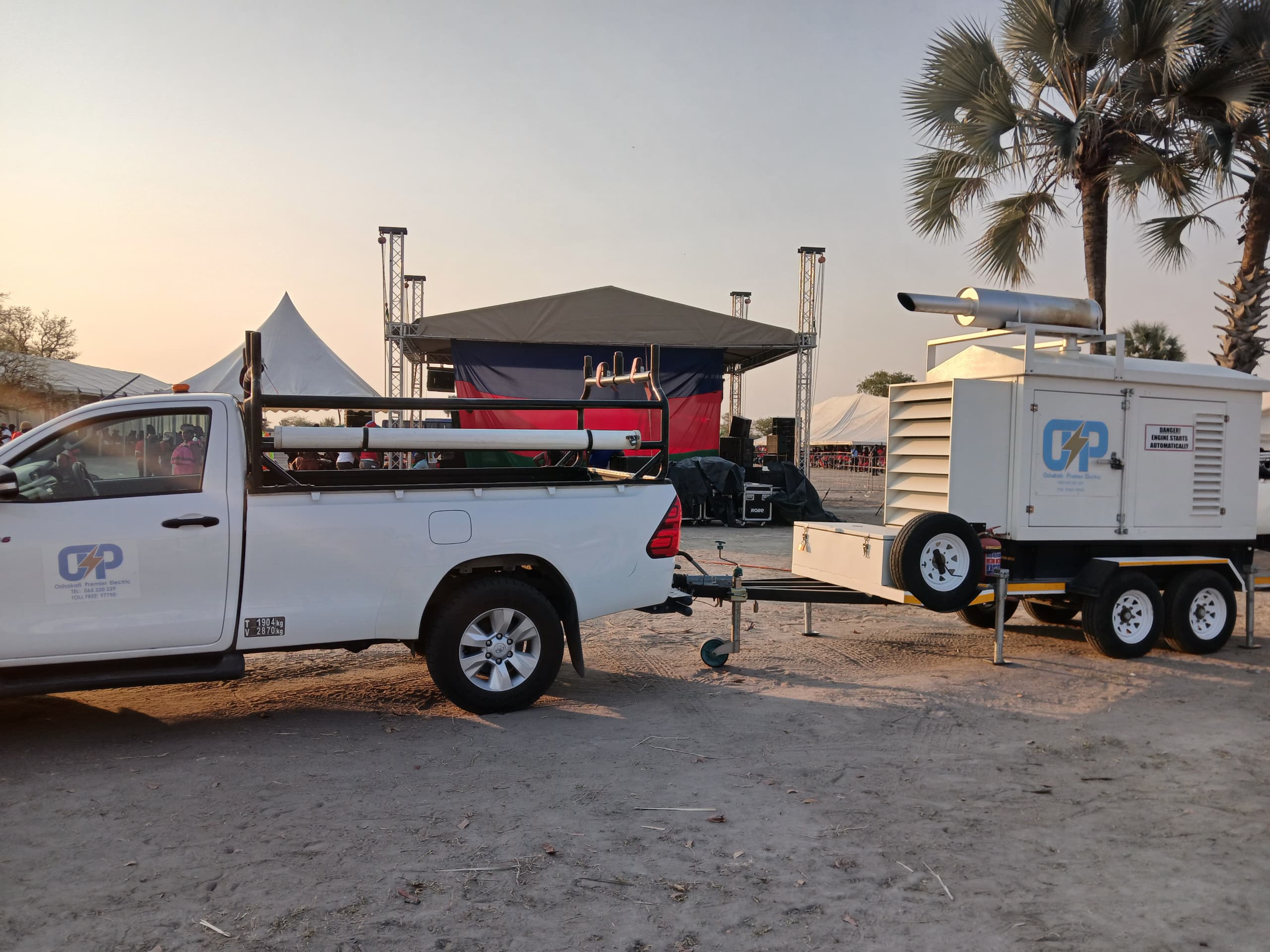THE Zimbabwean minority shareholders of the Small and Medium Enterprises Bank accept that the bank was insolvent when a High Court judge ordered its winding-up near the end of November last year, one of their lawyers conceded in the Supreme Court yesterday.
The key concession came from South African legal counsel Anthony Bishop, representing the minority shareholders of the SME Bank, during the hearing of an appeal through which the Metropolitan Bank of Zimbabwe (Metbank) and the Zimbabwe-registered company World Eagle Investments are trying to have High Court judge Hannelie Prinsloo’;s order for the winding-up of the SME Bank overturned.
In response to a question from appeal judge Dave Smuts, Bishop said they had to accept that they did not have information that the SME Bank was able to pay its debts. That is a U-turn from the stance Metbank and World Eagle Investments maintained during the court battle that preceded the order for the winding-up of the SME Bank last year.
After taking over the management of the SME Bank at the start of March last year, the Bank of Namibia asked the High Court in July last year to order the provisional winding-up of the bank. While the central bank informed the court that the SME Bank had been left insolvent because of the expected loss of a supposed investment of about N$196 million in South Africa, Metbank and World Eagle Investments, which doggedly resisted the Bank of Namibia’;s bid to have the SME Bank liquidated, disputed throughout that the bank was insolvent.
In her final judgement on the central bank’;s application to have the SME Bank wound up, judge Prinsloo commented it was “astounding” for Metbank and World Eagle Investments to deny that the bank was insolvent. She also remarked that the two minority shareholders were only paying lip service to how they imagined the SME Bank could be rescued from its dire straits, without proposing any plan of action to do so.
Bishop argued yesterday that the Bank of Namibia should have taken other steps, such as removing the management of the SME Bank, and having the bank recapitalised, rather than asking the court to order the winding-up of the bank. Saying that the bank clearly lacked some management skills, he argued that the central bank first of all should have provided management assistance to the SME Bank. The liquidation of the bank, which he described as a vote of no confidence in the management of the bank, should have been the very last option, Bishop also argued.
Metbank was, in terms of a management agreement concluded with the SME Bank in March 2012, responsible for the day-to-day running and management of the SME Bank, Zimbabwean businessman Enock Kamushinda stated in an affidavit filed at the High Court in August last year in opposition to the central bank’;s move to have the SME Bank wound up. Kamushinda is a shareholder of Metbank and a director of World Eagle Investments, which has also been calling itself World Eagle Properties.
The two Zimbabwean shareholders have 35% of the shareholding in the SME Bank, while the Namibian government has a stake of 65%.
Bishop also argued that the entire winding-up process was a nullity because a complete copy of the central bank’;s application to have the SME Bank wound up was not lodged with the master of the High Court as required in terms of the Companies Act before the case was filed with the registrar of the High Court.
If the part of the Companies Act requiring the lodging of a winding-up application with the master of the High Court was not properly complied with, there still was substantial compliance with the law, senior counsel Andrew Corbett, representing the Bank of Namibia, argued.
He also argued that the central bank, as regulator of Namibia’;s financial system, had the duty to take decisive steps when it noticed a threat to a banking institution like the SME Bank, and to depositors’; funds in the bank.
The level of mismanagement and looting uncovered at the SME Bank was heartbreaking for the bank’;s depositors, Corbett said.
He argued that there were strong grounds on which judge Prinsloo found that the SME Bank was insolvent, and on which she decided to order that the bank had to be wound up. Her order should not be upset, and the two minority shareholders’; appeal should be dismissed with costs, Corbett suggested.
Appeal judges Smuts, Sylvester Mainga and Elton Hoff reserved their judgement at the end of the hearing. The court did not indicate when the appeal judgement can be expected to be delivered.
Bishop represented the appellants with Sisa Namandje and South African attorney Victor Nkhwashu. Deon Obbes represented the Bank of Namibia with Corbett, on instructions from Charles Visser of the law firm ENSafrica (LorentzAngula Inc).
Stay informed with The Namibian – your source for credible journalism. Get in-depth reporting and opinions for
only N$85 a month. Invest in journalism, invest in democracy –
Subscribe Now!






